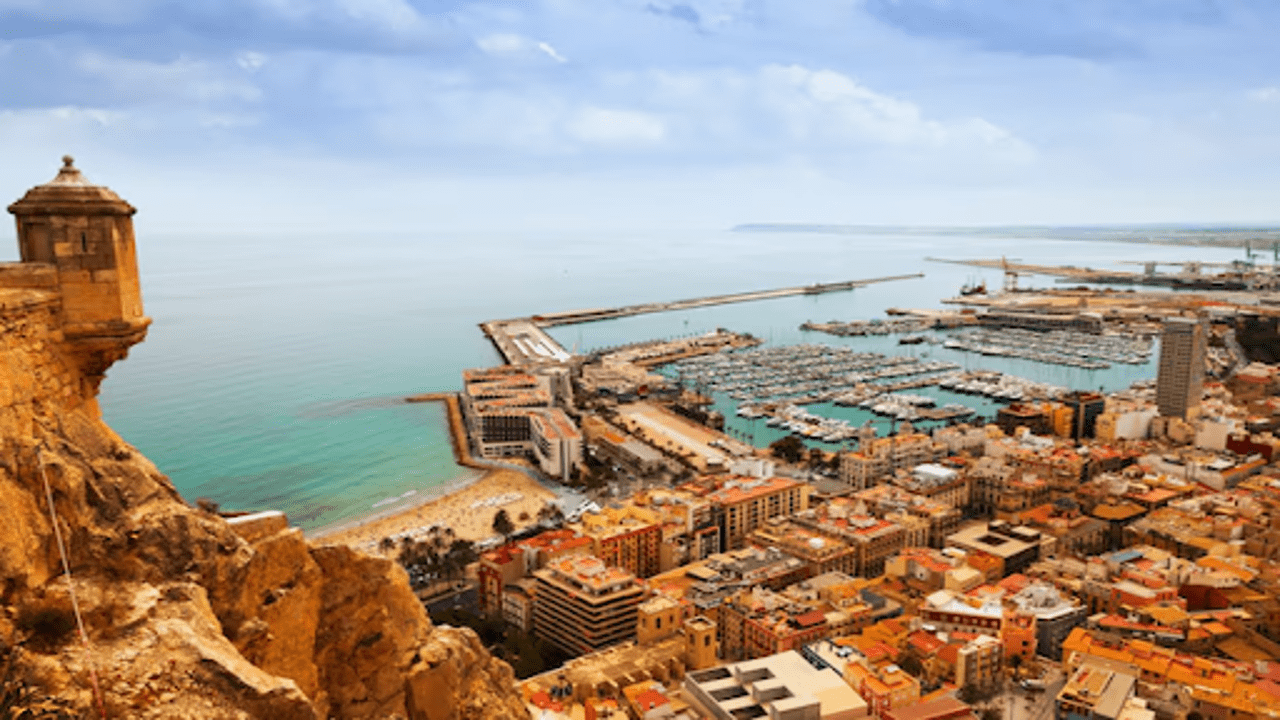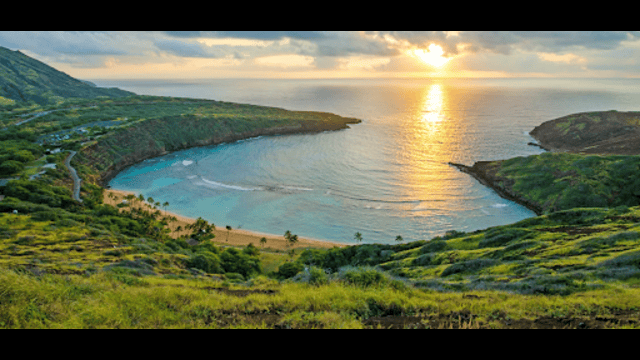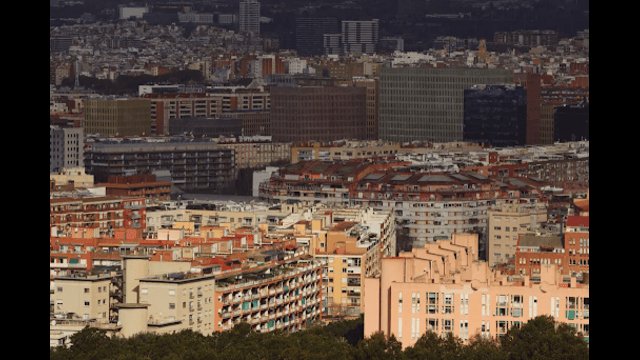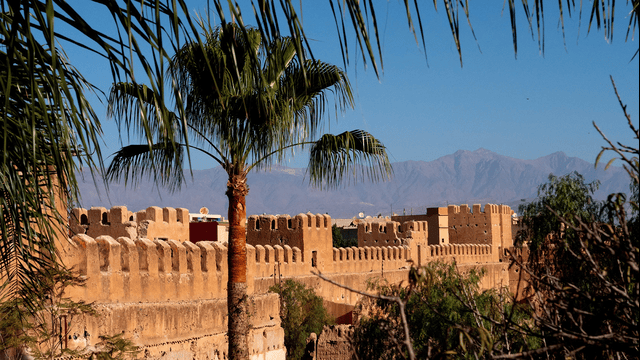
Alicante, Spain, featuring docked yachts by the castle.
Spain’s recent anti-overtourism protests highlight growing frustration among residents in popular travel destinations. The protests, which have surged in cities like Barcelona and Palma de Mallorca, reflect a broader discontent with the impact of mass tourism on local life. As tourism booms post-pandemic, many Europeans are voicing their concerns about overcrowding, housing shortages, and the strain on public services.
In Barcelona, large demonstrations have erupted with locals holding signs demanding that tourists leave and even using water guns to express their displeasure. Similarly, Palma de Mallorca saw 50,000 people rallying against the influx of tourists, highlighting how the surge in visitors has driven up real estate prices and pushed locals out of their homes. The messages on the signs, such as “Tourists, we love you when you don’t buy our land,” underline the tension between the benefits of tourism and the negative impacts on housing affordability.
The recent uptick in these protests is partly driven by a sharp increase in international travel, especially from the U.S. Since the pandemic, travel has surged, and Americans are spending record amounts in Europe. This travel boom has exacerbated existing problems in popular destinations, leading to a tipping point where residents are actively demanding changes.
Peter DeBrine, a senior project officer for sustainable tourism at UNESCO, suggests that this backlash against over-tourism signals a need for a shift in focus. Rather than solely promoting destinations to attract more tourists, he argues that efforts should be redirected toward improving the quality of life for residents. According to DeBrine, creating better living conditions for locals will naturally enhance the appeal of these destinations to tourists as well.
The protests in Spain serve as a wake-up call for other European destinations facing similar pressures. The imbalance between the benefits of tourism and its drawbacks is becoming increasingly apparent, leading to calls for more sustainable and thoughtful tourism practices.















